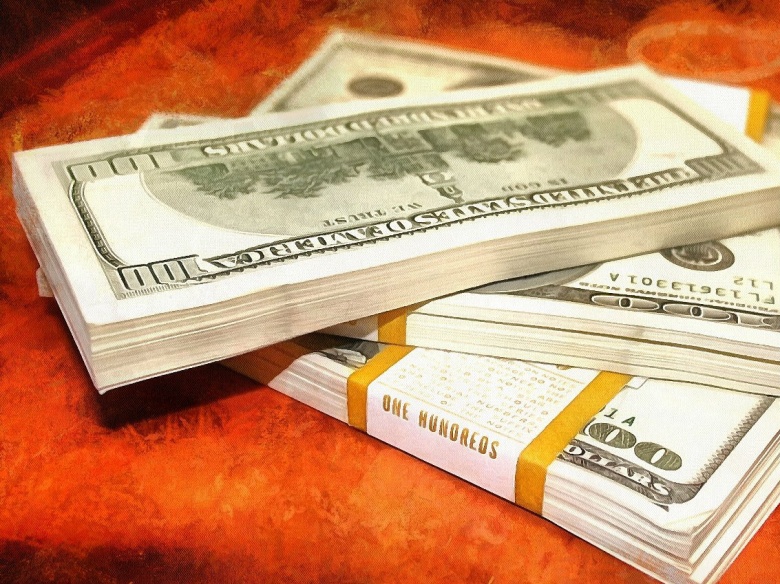- Policy Inconsistency, Others Stifling Investment —Experts
Experts in the financial and economic space have said inconsistency in government policies and corruption are stifling investment in the country.
The experts, who spoke in separate interviews with our correspondent, said there was no platform for capital inflows in Nigeria.
The Head, Department of Finance, University of Lagos, Prof Rufus Olowe, said there was a need for government to create an enabling environment for investors to bring in money.
He stated that the factors affecting investment in the country were unstable interest rate, inconsistency in policies, corruption and political uncertainty.
According to him, one of the ways to attract investment is through the exchange rate policy.
He said the exchange rate policy needed to be strong to make it easier for investors.
“Anybody trying to invest in Nigeria wants the Return on Investment to be attractive. We must have a good foreign exchange rate policy that will be favourable to investors. We must also create a good political environment where there is no uncertainty, because this can create doubt and uncertainty for investors. Investors usually look out for certainty, and this is what can facilitate investment into the country,” he added.
Olowe stated that the uncertainty in the country was due to corruption.
According to him, the people involved in corruption are the powerful people in the society, which makes it hard to curb.
He attributed the low foreign capital inflow into the country to the high level of corruption.
Olowe said, “There is large-scale corruption in Nigeria, and these are some of the things creating uncertainty and stifling investment in the country. The current government is trying to do something to curb the corruption level because corruption level is what translates into political issues.
“The government should focus on reducing corruption to the barest minimum, because many politicians are not serving and ruling genuinely. They give fake polices to their people and only enrich their pockets. Many of our leaders are unpatriotic and corrupt, and this has made many multilateral agencies to scrutinise our proposals thoroughly because of the level of corruption in the country.”
He added that if there was transparency and integrity in everything, people would invest more in the country.
The Managing Director, Cowry Asset Management Limited, Johnson Chukwu, described government policies as necessary for orderly and rapid economic development.
According to him, what the country suffers is lack of policy direction and lack of appropriate policy guidelines.
He stated that the country’s slow development was due to the direction of government policies, adding that appropriate government policies and economic directions were needed for the private sector to come in and invest in any sector.
He said, “If I were in government, I would focus on infrastructural development, human capital development, and internal security. It would take government a lot of years to get enough capital to build the infrastructure we need. It then means that a public-private partnership is needed to attract investment into the economy. Then an appropriate policy to encourage private investment would be followed.”
A professor of Economics at the University of Lagos, Olufemi Saibu, described the attraction of capital inflow into the economy as a function of a credible government.
He said if policies of government were credible and consistent, it would be easy for people to invest their resources in the country.
“The fact that the economy is going down will not drive investment inflow. Our interest rate must be competitive, and ROI must be comparable. If ROI is low, investment will be low,” Saibu stated.
He said there should be checks and balances to enable people to know the processes, procedures, and relevant agencies, as well as the documents required for investment.
He stated that if the processes were transparent and seamless, it would encourage people to invest, adding that government should streamline the process of investment in Nigeria by making the rules clear and well-established.
Saibu said, “The political environment should also be stable, because it is a major determinant of the economic environment. There will be sluggishness in our capital inflow in the next few months because of the coming elections. That is why I always say Nigeria is not ripe for a four-year election period. We need to find a way to create a longer and stable election period that will allow more time between elections.
“We need to get hold of our political environment, economic policy environment as well as the returns people get on investment. Once these areas are taken care of, the flow will come and will be sustained.”

 Forex3 weeks ago
Forex3 weeks ago
 Naira3 weeks ago
Naira3 weeks ago
 Billionaire Watch3 weeks ago
Billionaire Watch3 weeks ago



 Naira3 weeks ago
Naira3 weeks ago






 Naira2 weeks ago
Naira2 weeks ago




 Naira2 weeks ago
Naira2 weeks ago




 Naira4 weeks ago
Naira4 weeks ago






 Naira1 week ago
Naira1 week ago
























